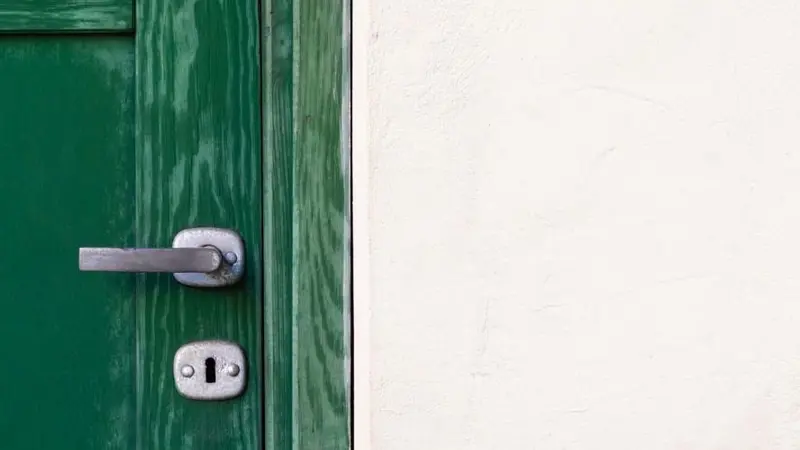How to be a good neighbour during crisis

With the news surrounding the spread of the Coronavirus constantly unfolding, more of us are being encouraged to practise social distancing and self-isolation. In any sort of crisis, it is inevitable that you’ll feel a bit more anxious as your thoughts jump to those of self-preservation. However, as you’re opening your cupboards to check that you have enough pasta and toilet paper to see you through, you should also take a moment to look outward and think about the community around you; namely your neighbours. Now more than ever it is essential that we look out for each other, so here are some of our top tips on how to be a good neighbour during the Coronavirus (COVID-19) crisis.
Check on elderly neighbours
Due to being in the high-risk category (over 70’s and those with under-lying health conditions), your elderly neighbours are likely to be feeling more vulnerable right now as they’re encouraged to self-isolate. A study by the Campaign to End Loneliness reported 500,000 older people in the UK already experience lengthy periods of isolation (at least 5 or 6 days without seeing anyone) and the current crisis will only multiply this.
By organising a time to regularly check in on elderly neighbours where possible, not only will you be reducing feelings of loneliness, you can also complete any errands that they may need help with. This is especially important if they are unable to get to the shops. Of course, social distancing needs to be practiced to put their health first, but a phone call or a run to the shops for them can go a long way in making them know someone is thinking of them.
Be respectful of those working from home
With many offices, workplaces and schools throughout the UK being shut down, more people will be forced to work from home. While it may be tempting to finally start that DIY task you’ve been meaning to get to (now that you have the time) or to loudly binge watch your favourite TV show on Netflix, be mindful of the noise you’re making. For many, working from home brings a fresh set of challenges so please be considerate to those living in your development. It has also been advised that any group social gatherings should be avoided, but if you are inviting visitors into your home, be conscious of noise levels. Find out more about what to do in the case of noisy neighbours here.
Heighten hygiene measures
We are all well aware of the extra hand-washing guidelines and hygiene protocols advised by the Government and health bodies. However if you live in a shared building, increasing your hygiene measures even more is as important as ever. Although studies are unsure just how long the Coronavirus can live on surfaces, a recent study suggested that it can live on stainless steel for up to 3 days. Therefore, in order to minimise risk in shared areas, ensure that you wash your hands before you leave your building and after you return and use disinfectant to wipe down lift buttons and door handles where possible. These extra little changes could make all the difference in helping everyone to stay safe and healthy.
Use digital communication platforms
If your neighbours are interested in having a space that they can share updates while also sharing ideas to help out others, using one of the many digital group communication platforms available can be a great solution. You could set up a private Facebook group, Nextdoor or a WhatsApp group to keep your neighbours informed. This is also a great way for isolated people to reach out if they’re feeling lonely or if they need assistance. It’s important to remember to not spread panic or misinformation online that only adds to the stress of the current situation.
Donate to your local foodbank
It’s not just the average shopper that will be affected by the supermarket shortages, food banks are also facing additional pressures. Approximately 1.6 million people used foodbanks in the UK last year, however with many people losing their jobs due to the Coronavirus, it’s expected that this number may increase. Whilst panic buying has led to major shortages on the shelves, if you’ve managed to acquire extra food, consider donating it to people that might need it more.
Although these uncertain times can be difficult for everyone, there’s also a great sense of community that can be achieved when people help each other.
You can read James Gibb’s response to the COVID-19 crisis here.


